When it comes to performing your best in team sports, talent and training are only part of the equation. The fuel you put into your body can make the difference between average performance and game-changing excellence. Sport nutrition involves eating strategies to support energy, recovery, and focus—not just on game day, but throughout the season.
This article explores sport-specific nutrition and offers practical strategies tailored for athletes in team sports like soccer, basketball, football, and volleyball.
Understanding Sport-Specific Nutrition
Team sports demand a unique blend of endurance, strength, agility, and mental sharpness. Unlike individual endurance sports, team competitions often include bursts of high-intensity activity, periods of rest, and strategic movement. Because of this variability, nutrition needs fluctuate before, during, and after play.
Sport-specific nutrition focuses on:
-
Sustained energy throughout long practices or games
-
Rapid recovery between matches or sessions
-
Hydration and electrolyte balance to maintain performance
-
Cognitive support for tactical decision-making on the field
Pre-Game Fueling: Building a Solid Foundation
Eating the right foods in the hours leading up to a match can impact everything from stamina to mental clarity.
Practical Tips:
-
3–4 hours before play: Eat a balanced meal with complex carbs (brown rice, quinoa), lean protein (chicken, tofu), and healthy fats (avocado, nuts).
-
1 hour before: Opt for a light snack like a banana with a tablespoon of peanut butter or a small smoothie. Avoid anything high in fat or fiber that could cause digestive discomfort.
One of the most common mistakes I’ve seen among youth teams is skipping the pre-game meal or relying on high-sugar snacks. During my early days working with high school volleyball teams, several players would show up fueled only by energy drinks and chips. Over time, educating them on proper meal timing and choices drastically improved their consistency and endurance.
In-Game Nutrition: Staying Sharp Mid-Match
Most team sports last 60–90 minutes, often with minimal breaks. For longer competitions or tournaments with multiple games, mid-match nutrition becomes essential.
Practical Tips:
-
During play: Sip water regularly—don’t wait until you’re thirsty. If play extends beyond 90 minutes or it's hot outside, add an electrolyte drink.
-
Halftime snack: A handful of dried fruit, a granola bar, or orange slices can help replenish glycogen stores.
Even something as simple as a few sips of a sports drink can prevent the mental fog and muscle cramps that derail late-game performance.
Post-Game Recovery: Repair and Recharge
Recovery starts the moment the final whistle blows. Your body is in repair mode and needs the right nutrients to rebuild and restore.
Practical Tips:
-
Within 30–60 minutes post-game: Aim for a snack with a 3:1 ratio of carbs to protein—chocolate milk, a turkey sandwich, or Greek yogurt with fruit.
-
Rehydrate with water and consider a sports drink if you lost a lot of sweat.
-
Evening meal: Include complex carbs, lean protein, and anti-inflammatory foods like berries, spinach, and fatty fish.
Consistent recovery nutrition doesn’t just help sore muscles—it ensures you're ready to train hard again the next day.
Weekly Planning: Fueling the Whole Season
Smart eating habits shouldn’t only show up on game day. Consistency is key, especially during back-to-back games or intense training cycles.
Week-Long Strategies:
-
Meal prep on weekends: Cook bulk portions of chicken, rice, and roasted vegetables to grab-and-go on busy days.
-
Snack smart: Keep nuts, protein bars, and fruit in your bag for quick refueling.
-
Sleep support: Eat a small carb-based snack (like oatmeal or a banana) before bed to help relax the nervous system and promote quality sleep.
Final Thoughts
Team sports demand more than just physical effort—they require sharp minds, quick reflexes, and rapid recovery. The right sport-specific nutrition strategies help athletes stay energized, focused, and resilient throughout the season.
Over the years, I've seen firsthand how a few small changes—like swapping soda for water or learning when to eat before practice—can dramatically elevate an athlete’s game. Nutrition isn’t a quick fix, but when approached strategically, it becomes a competitive advantage that’s hard to beat.


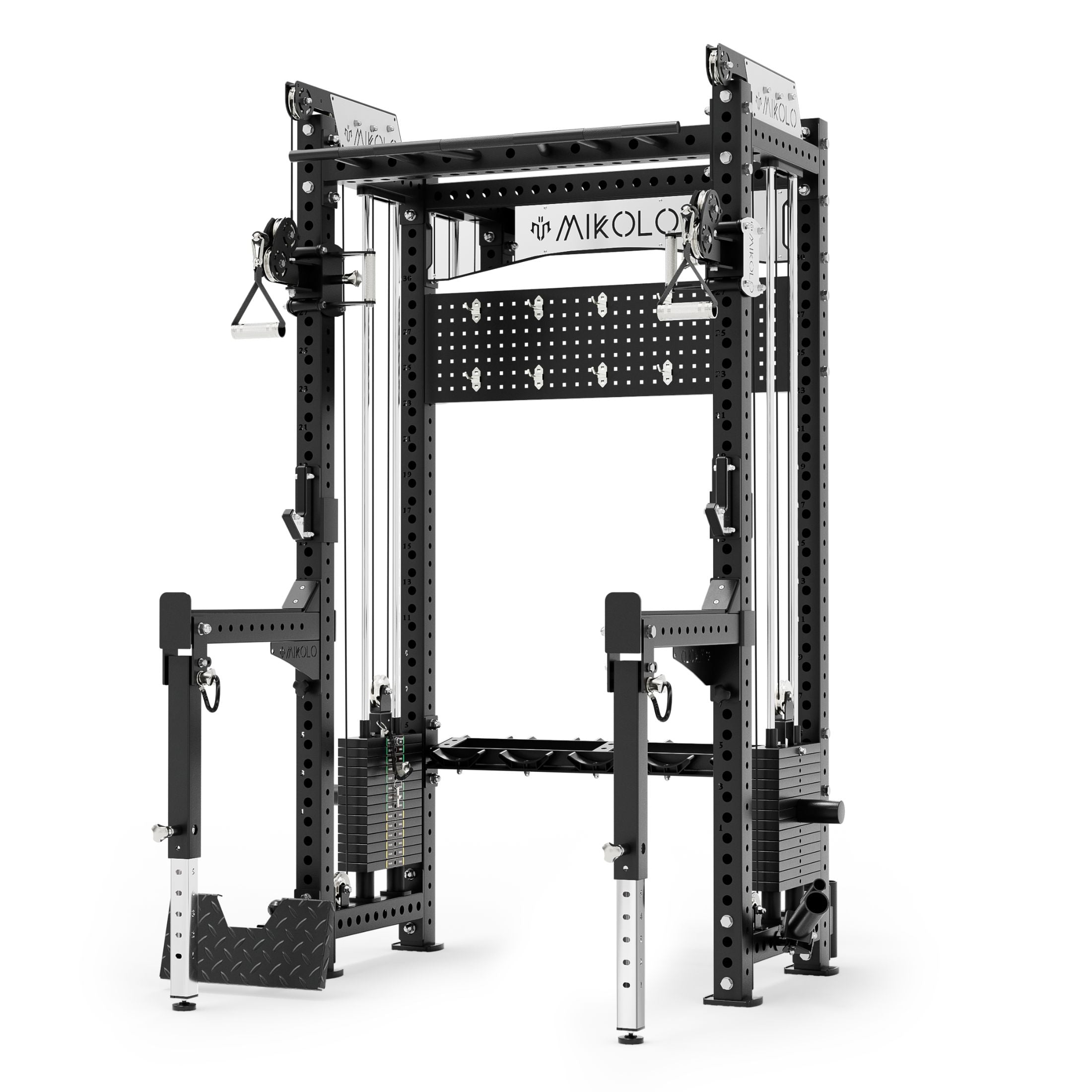
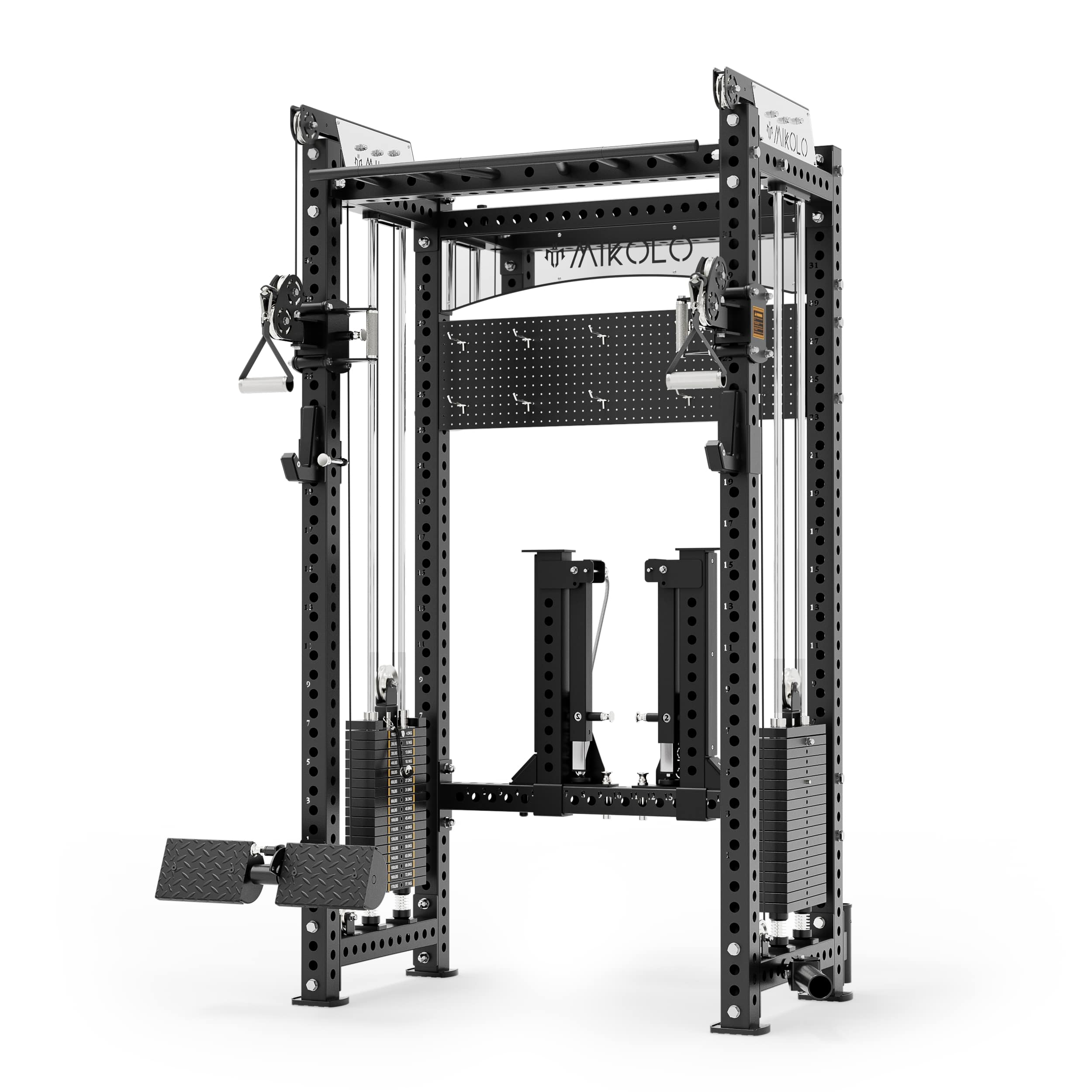
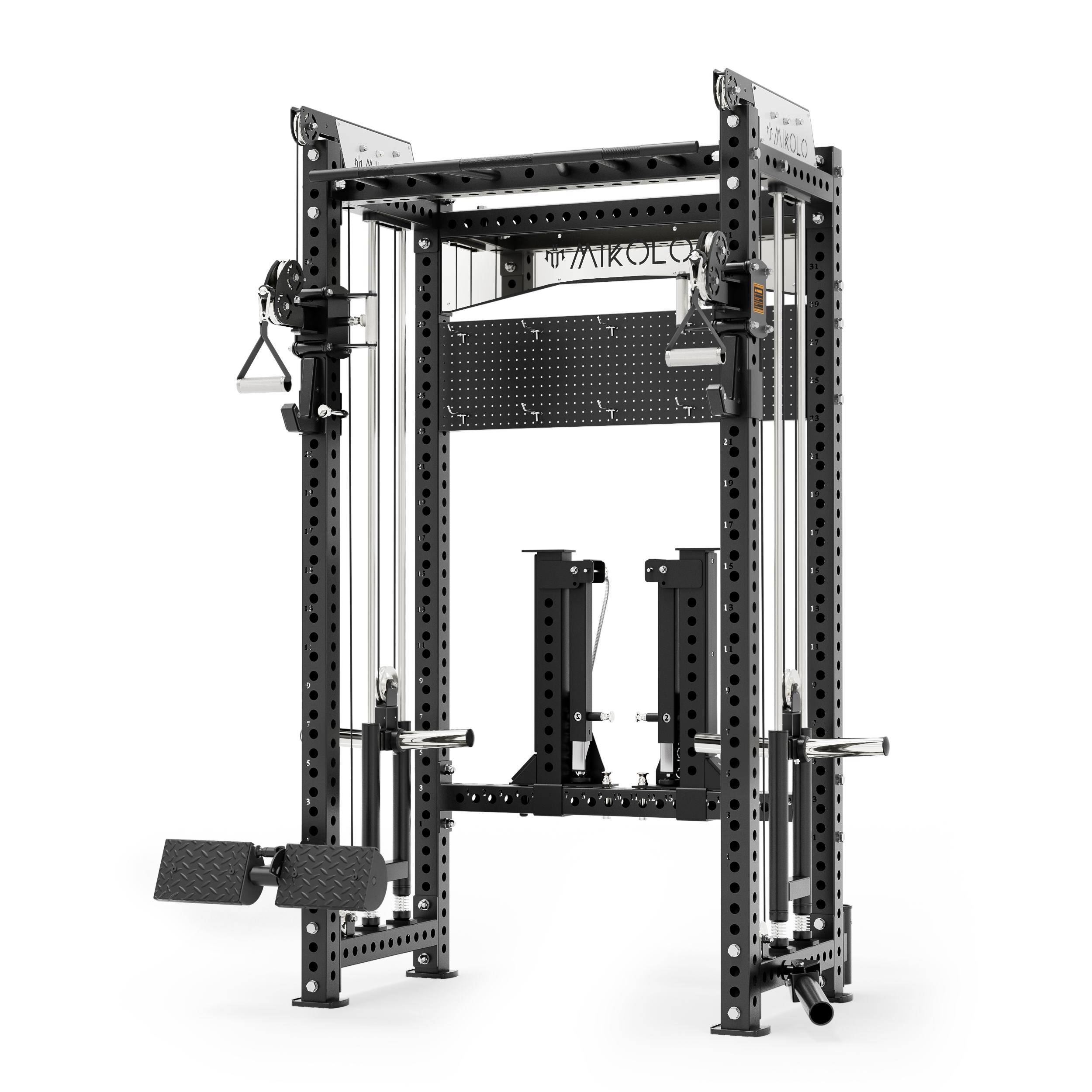


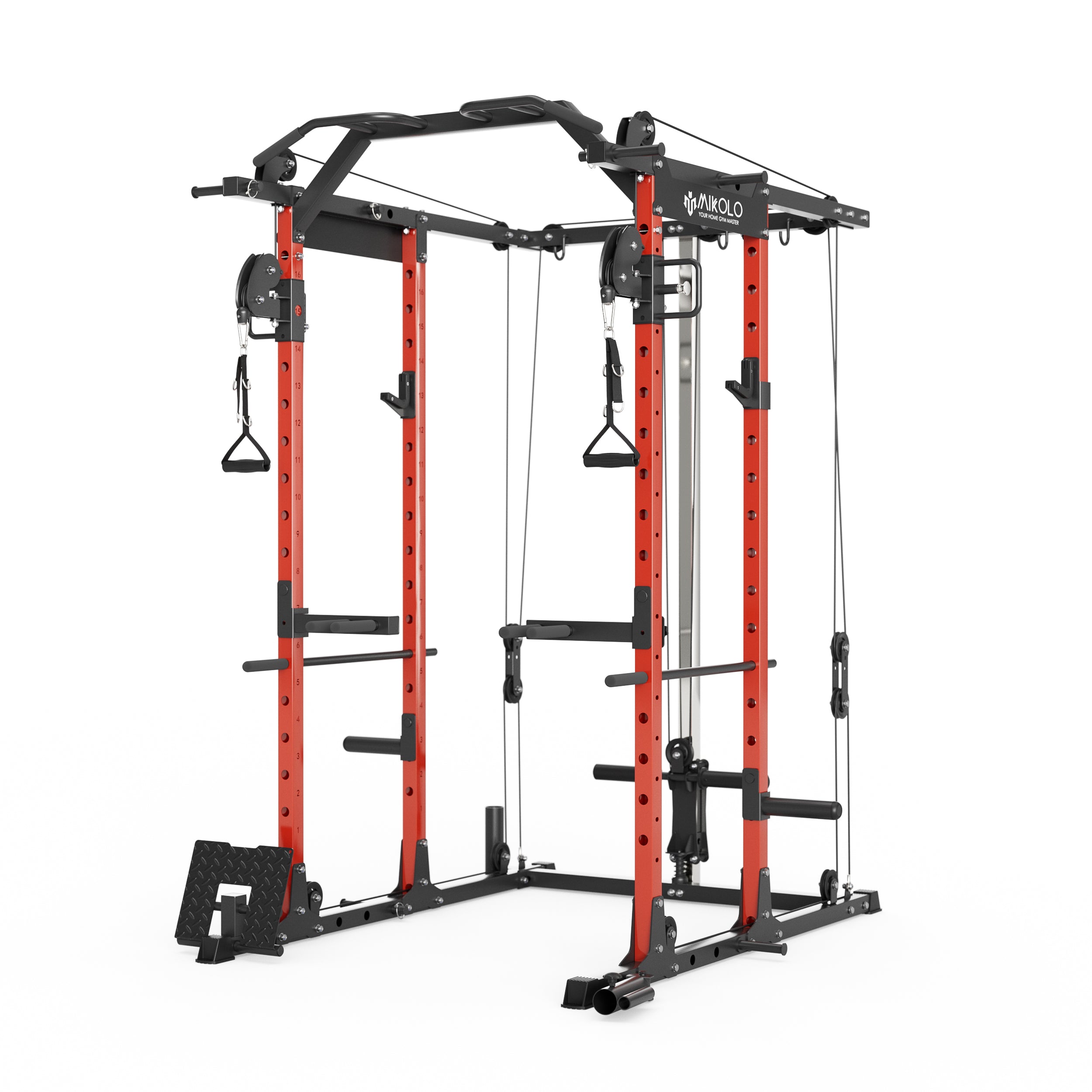
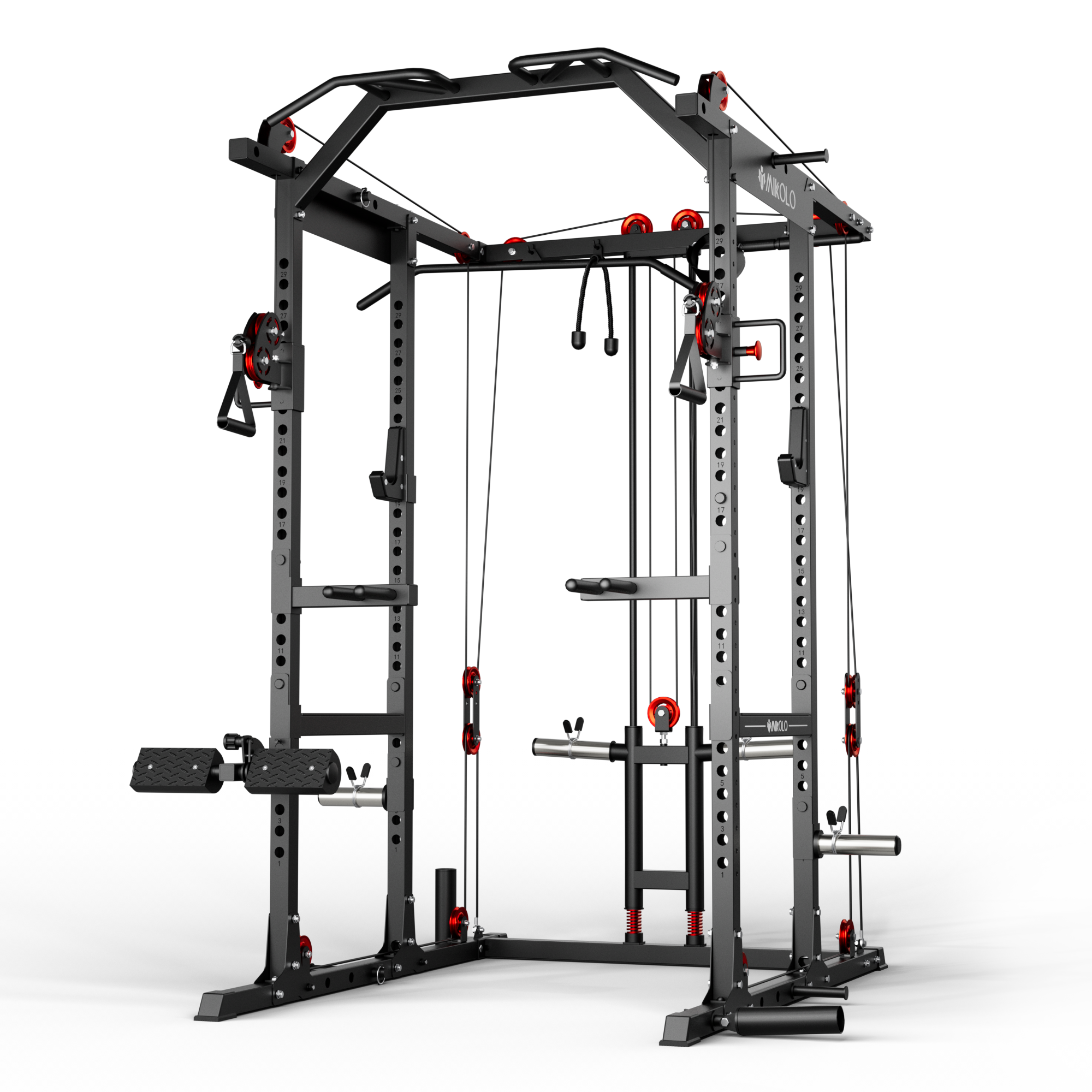

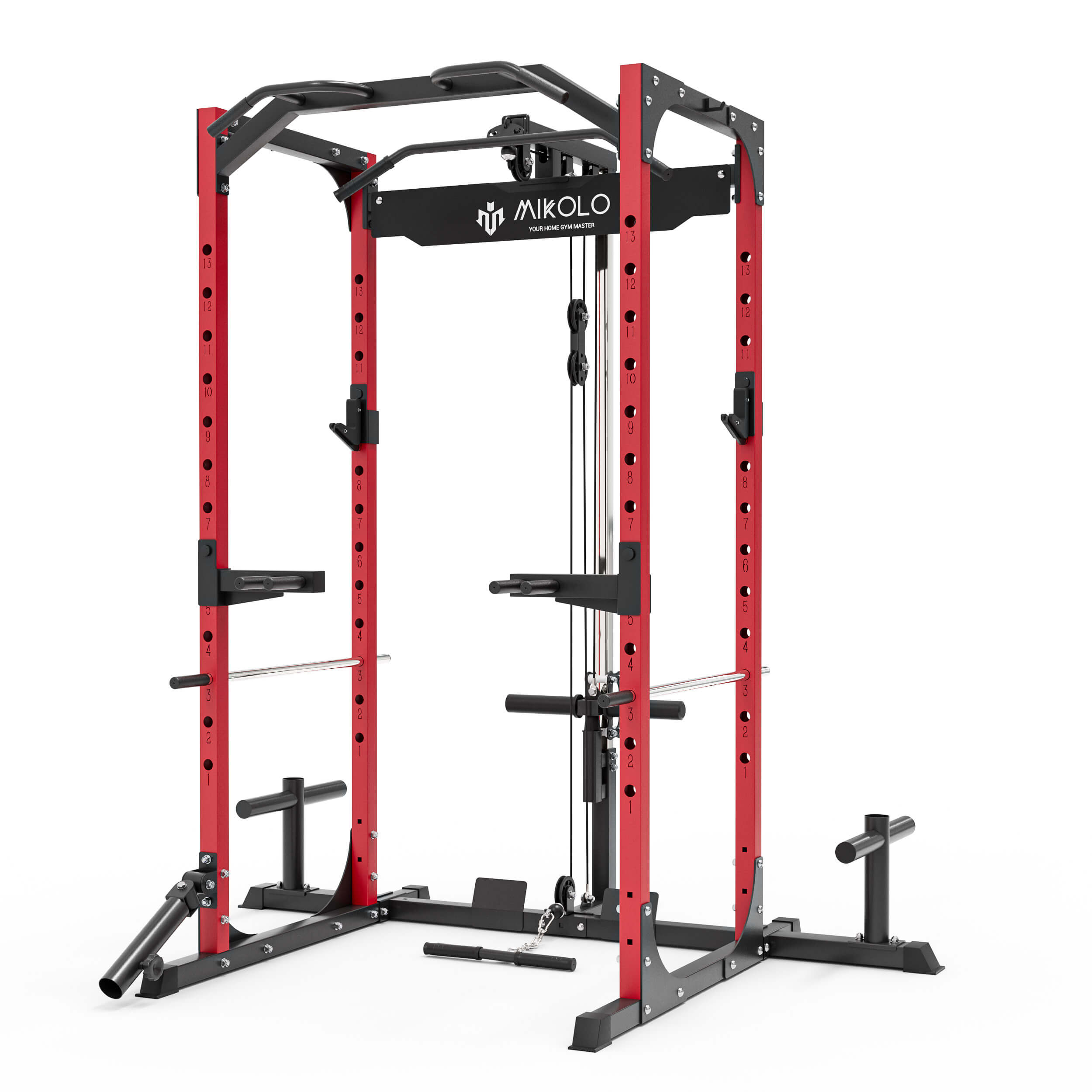

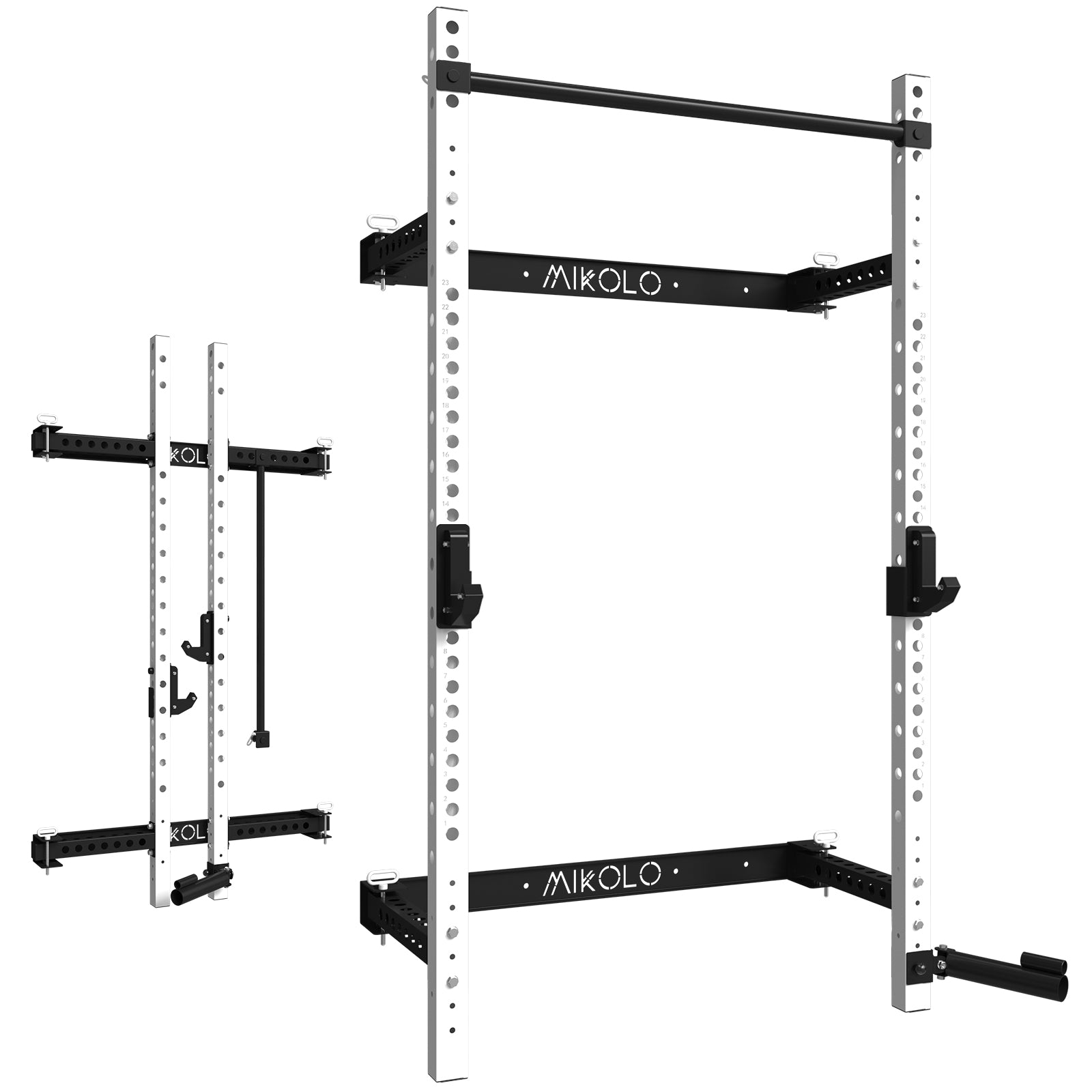

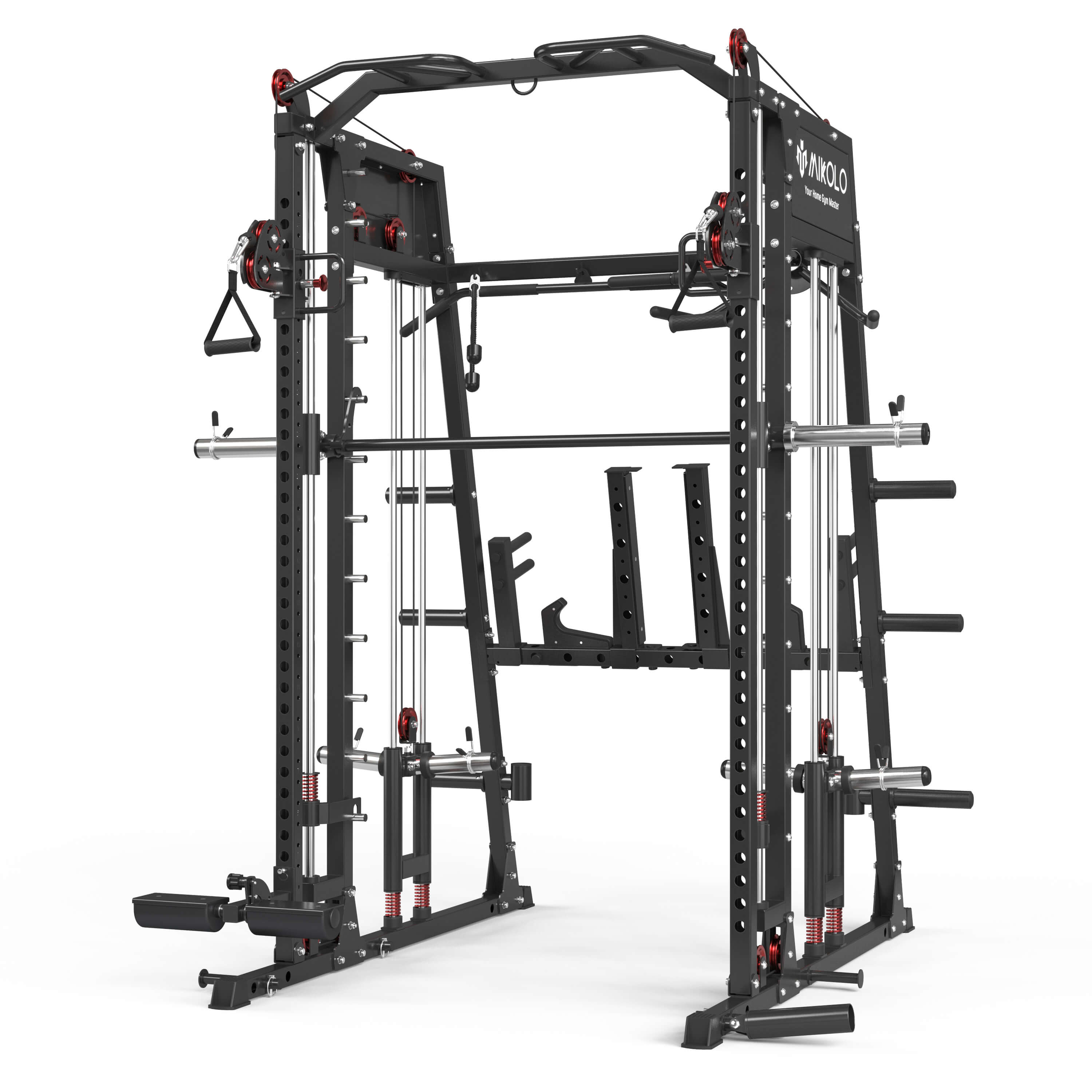
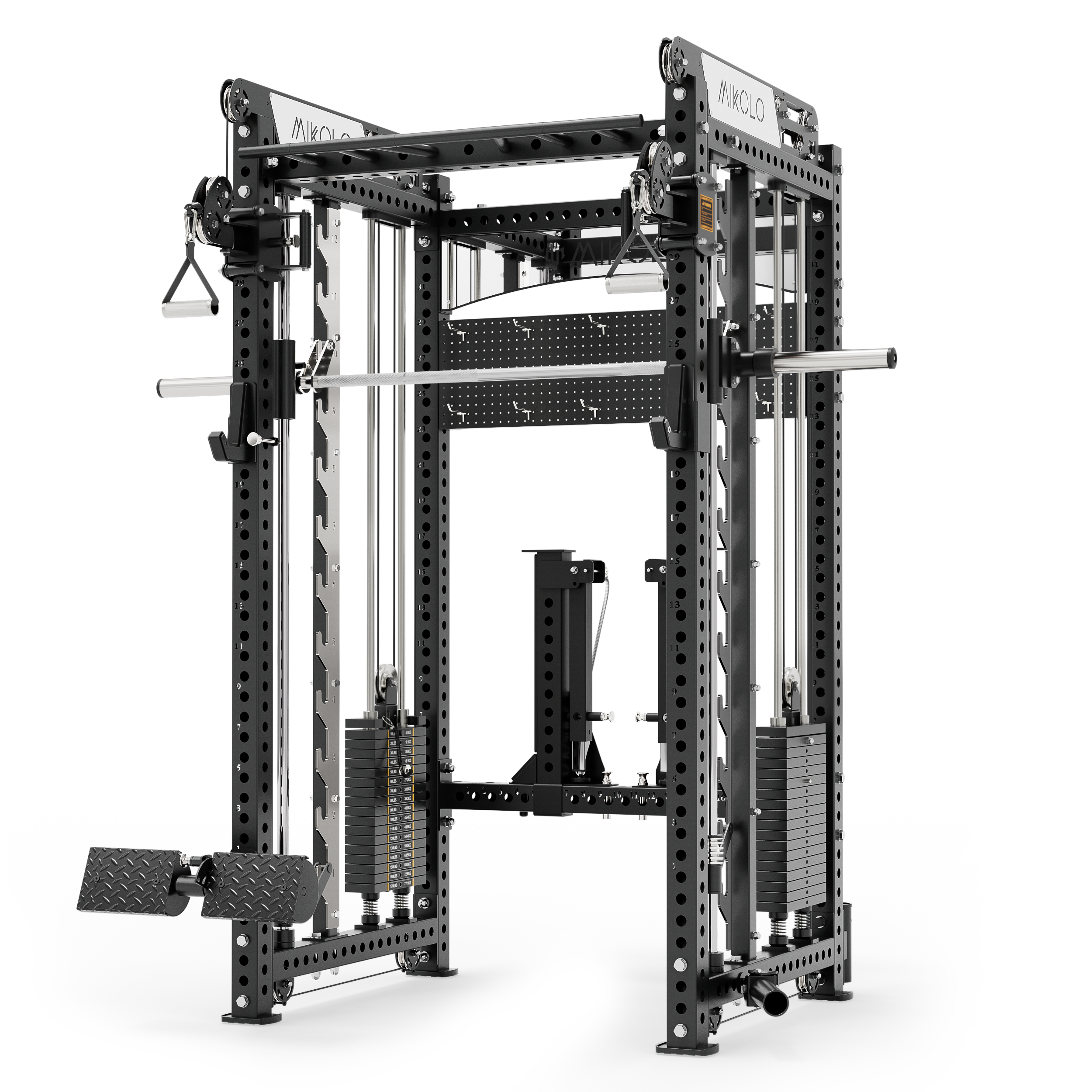
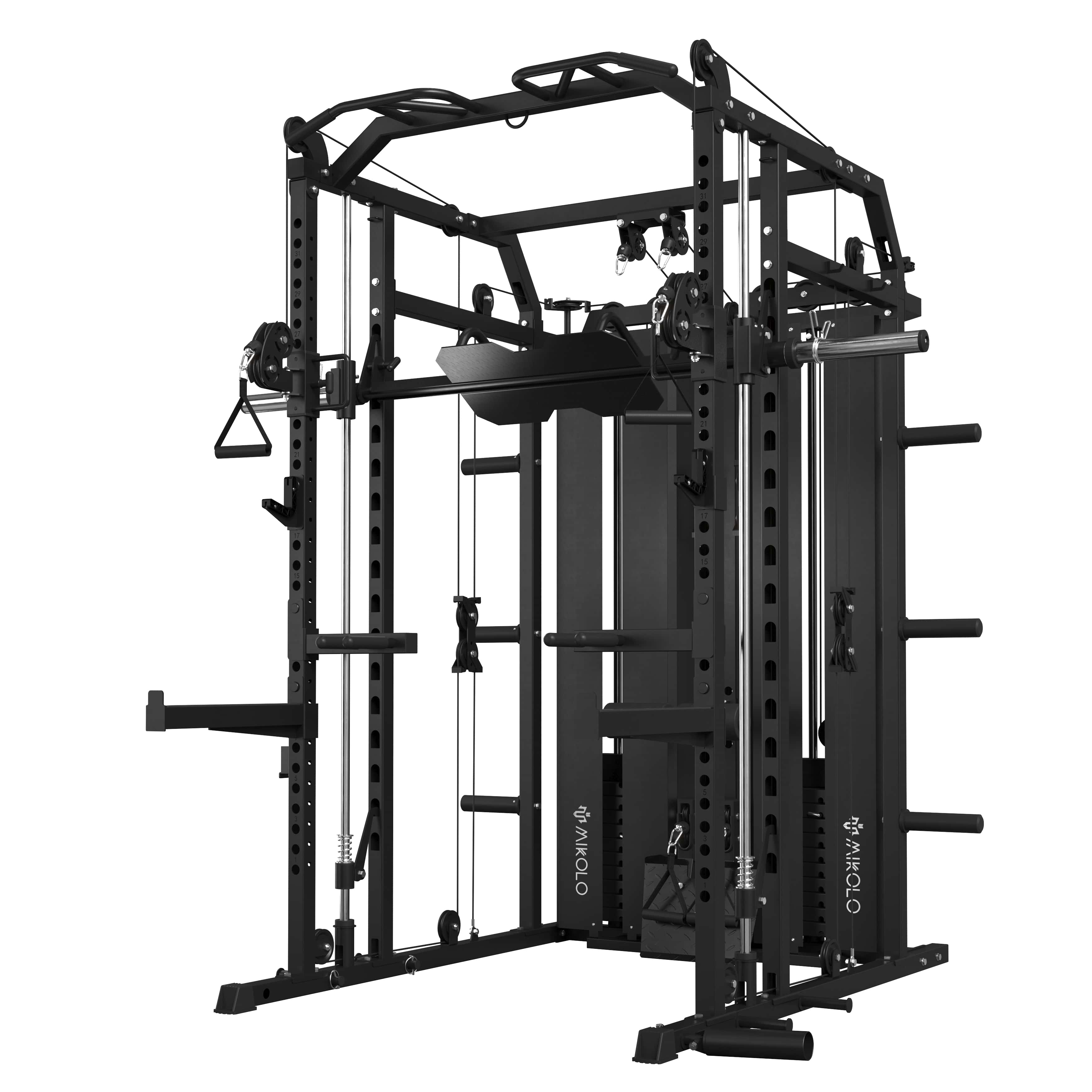
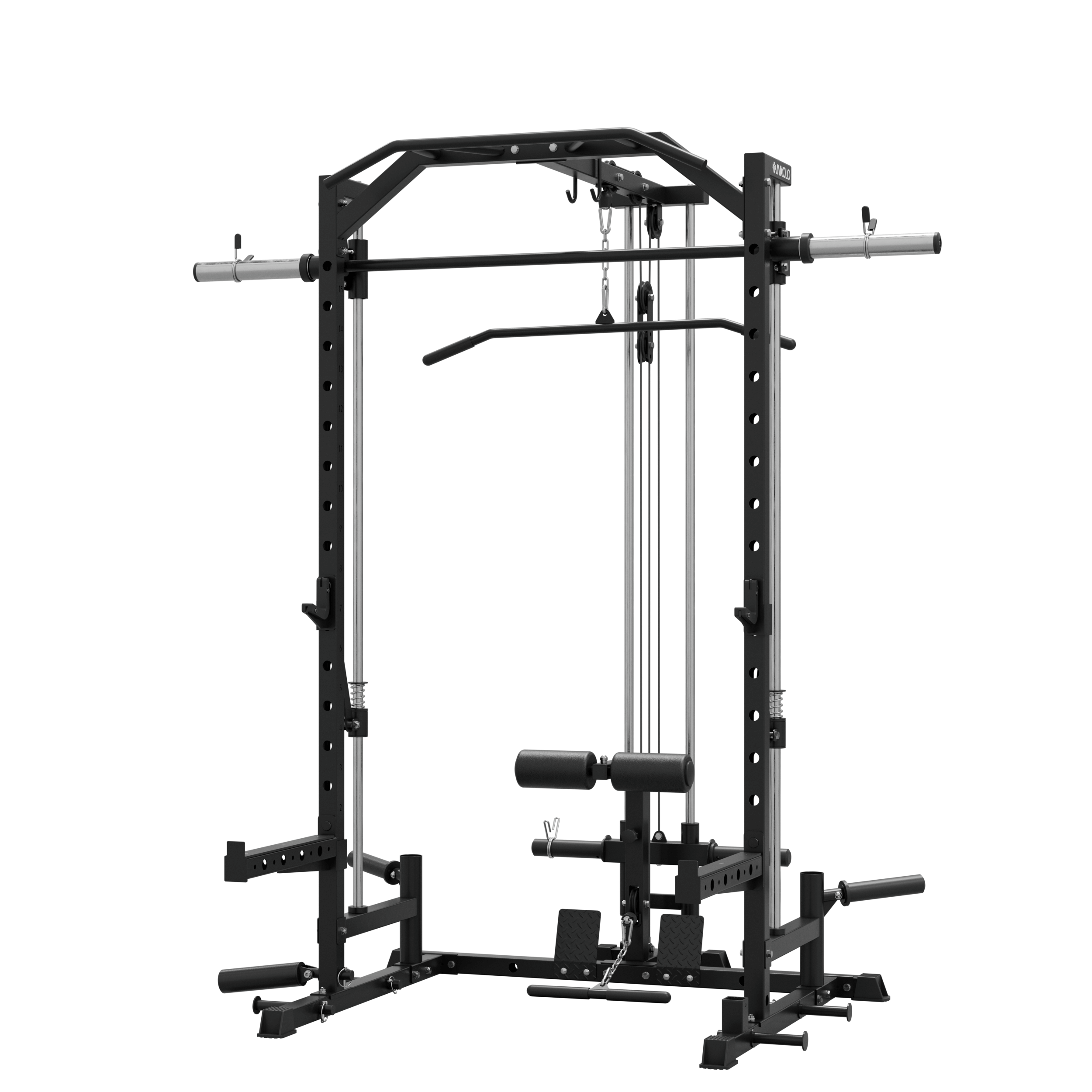
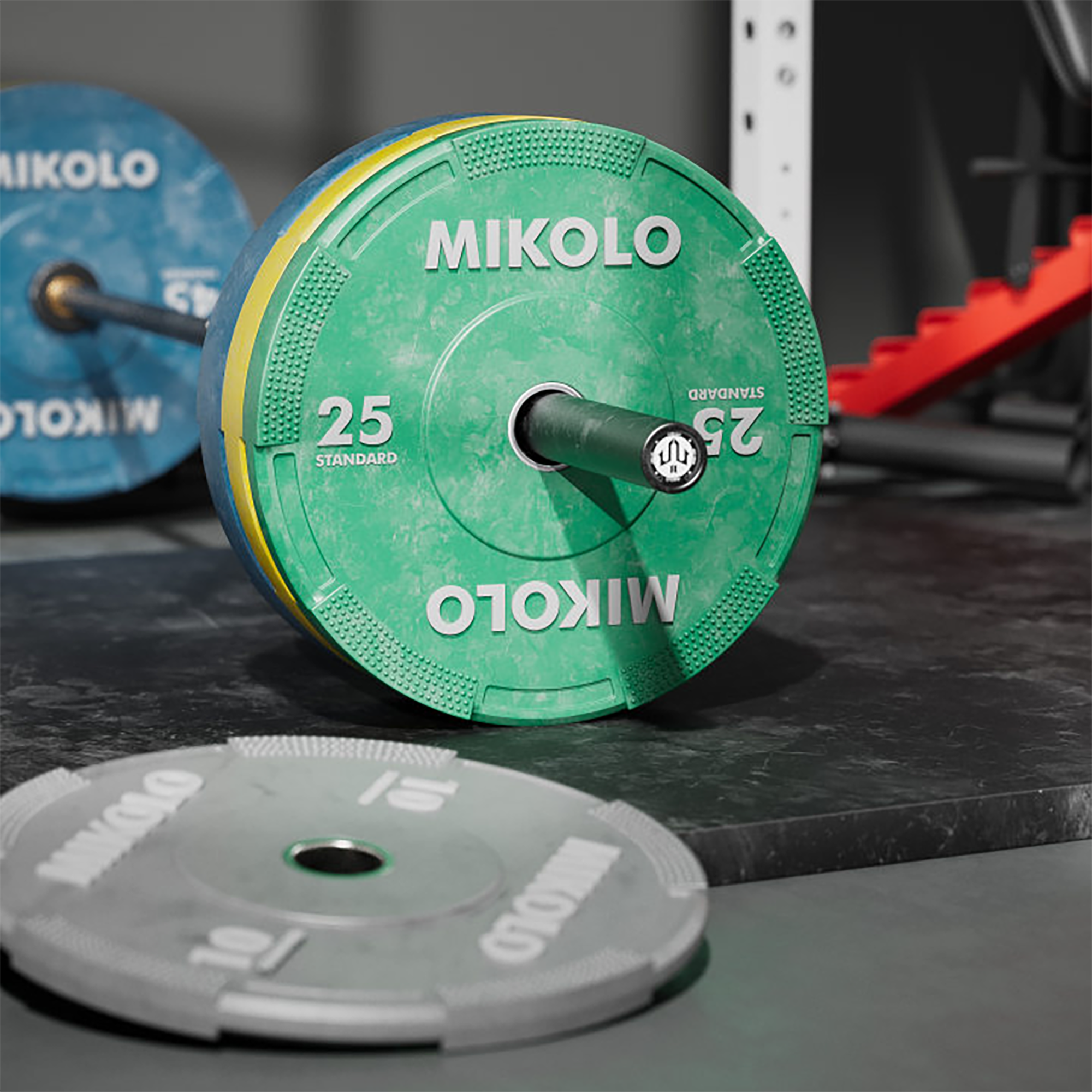


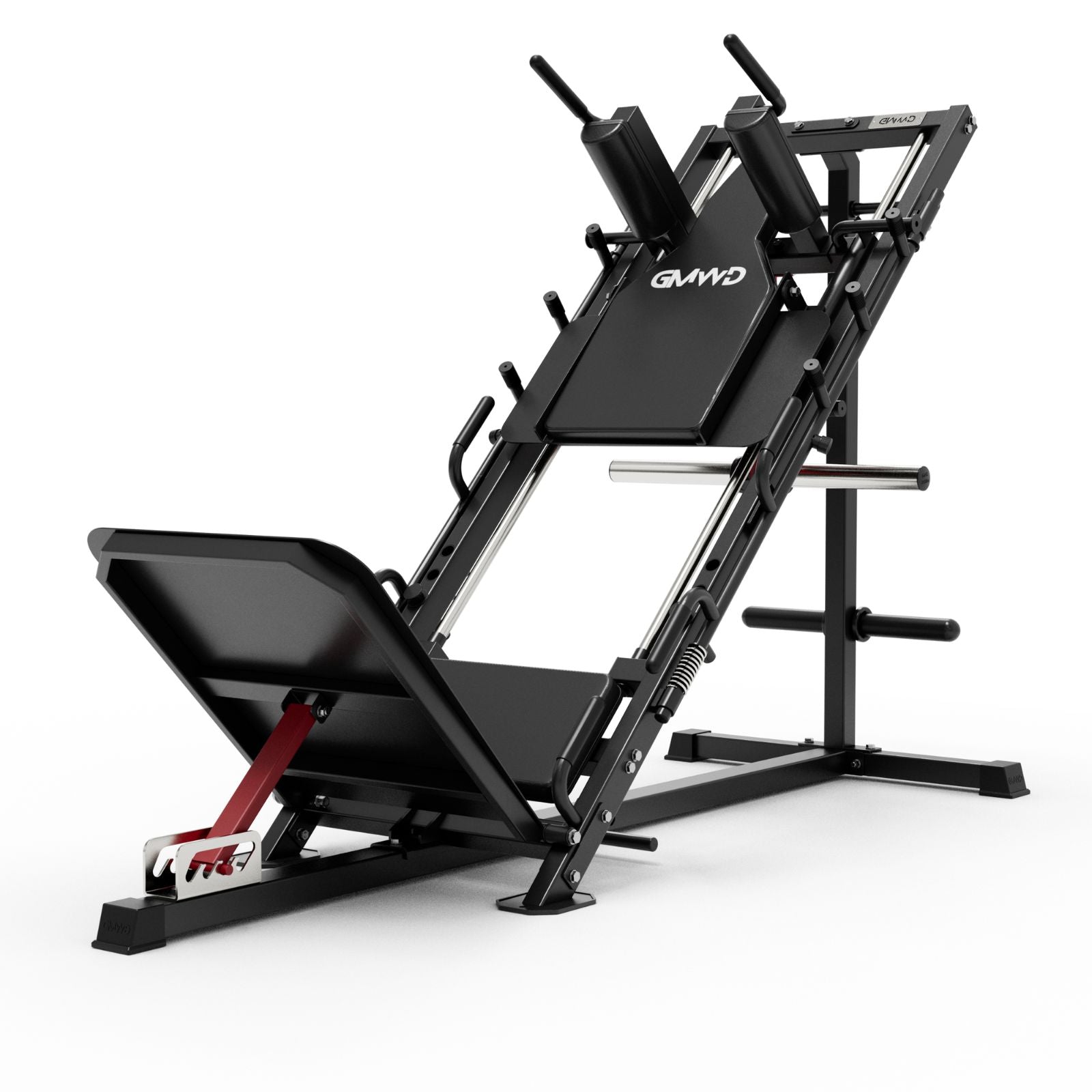


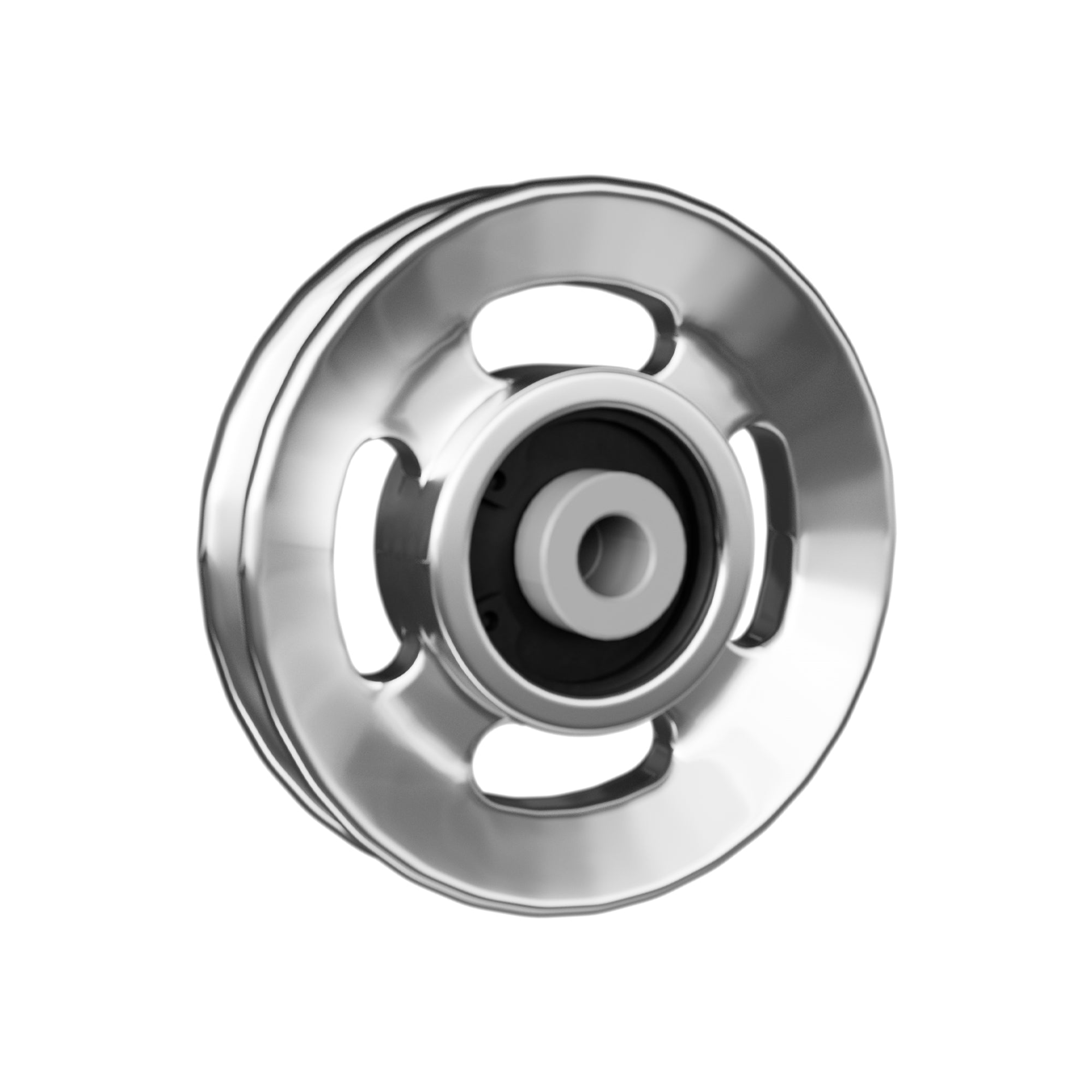
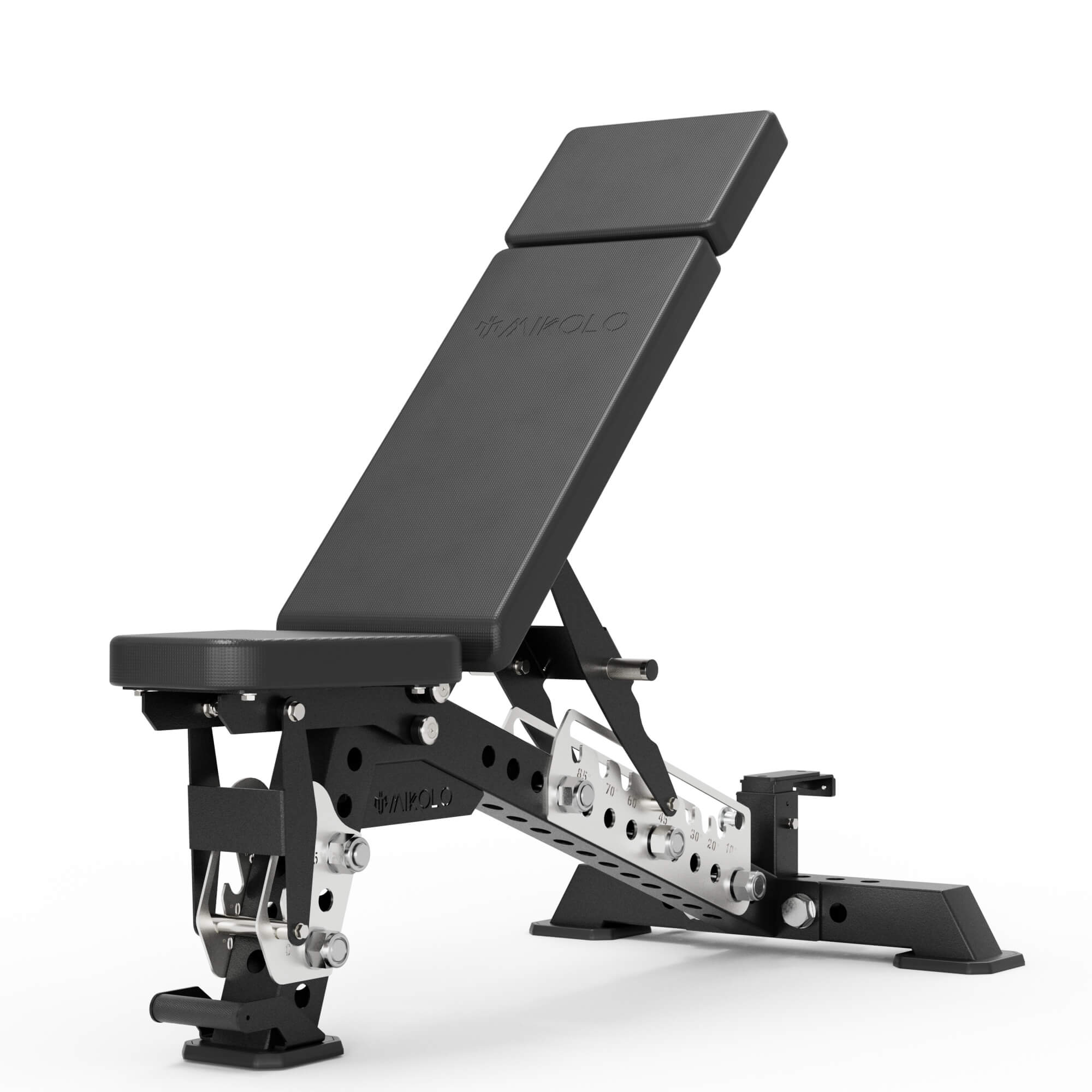
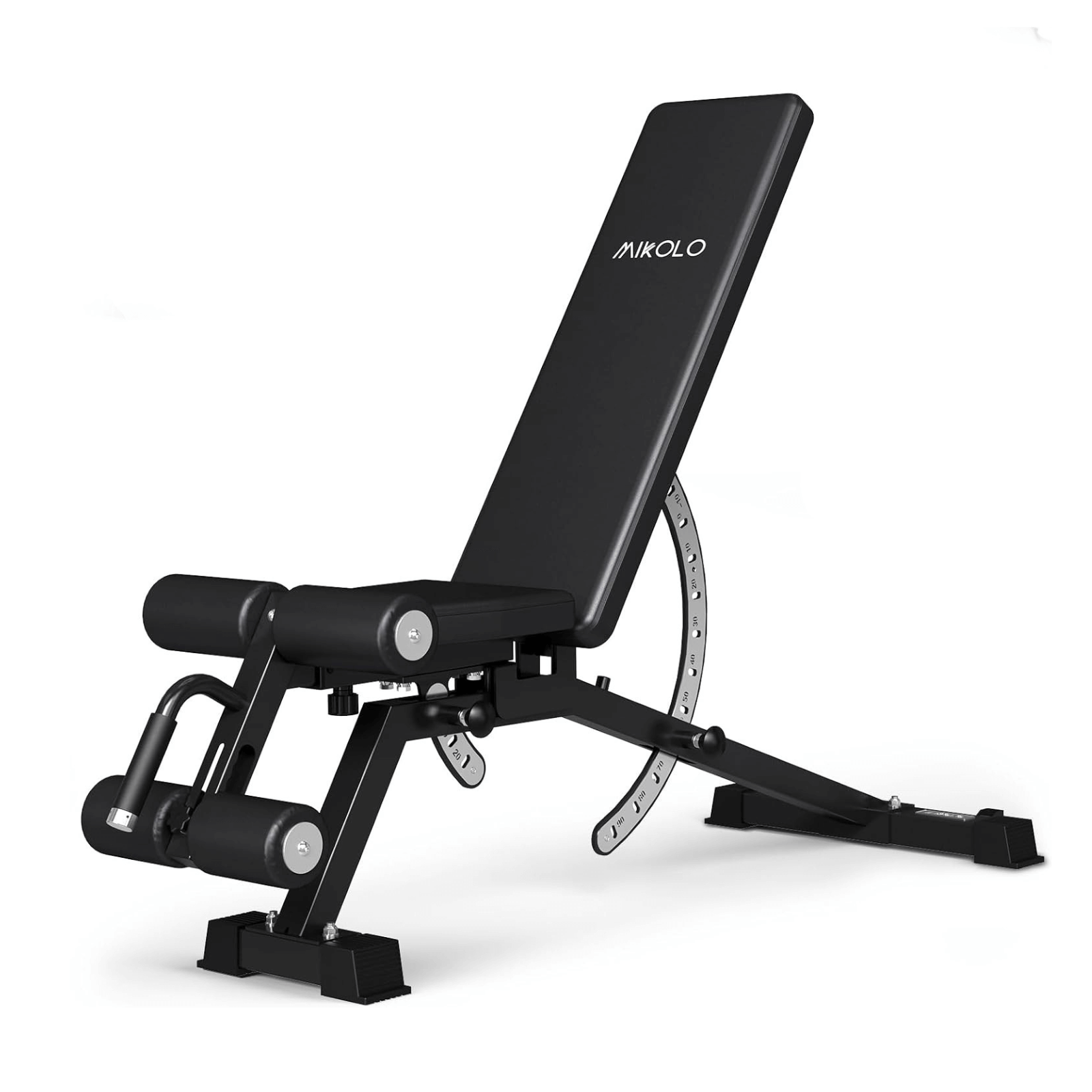



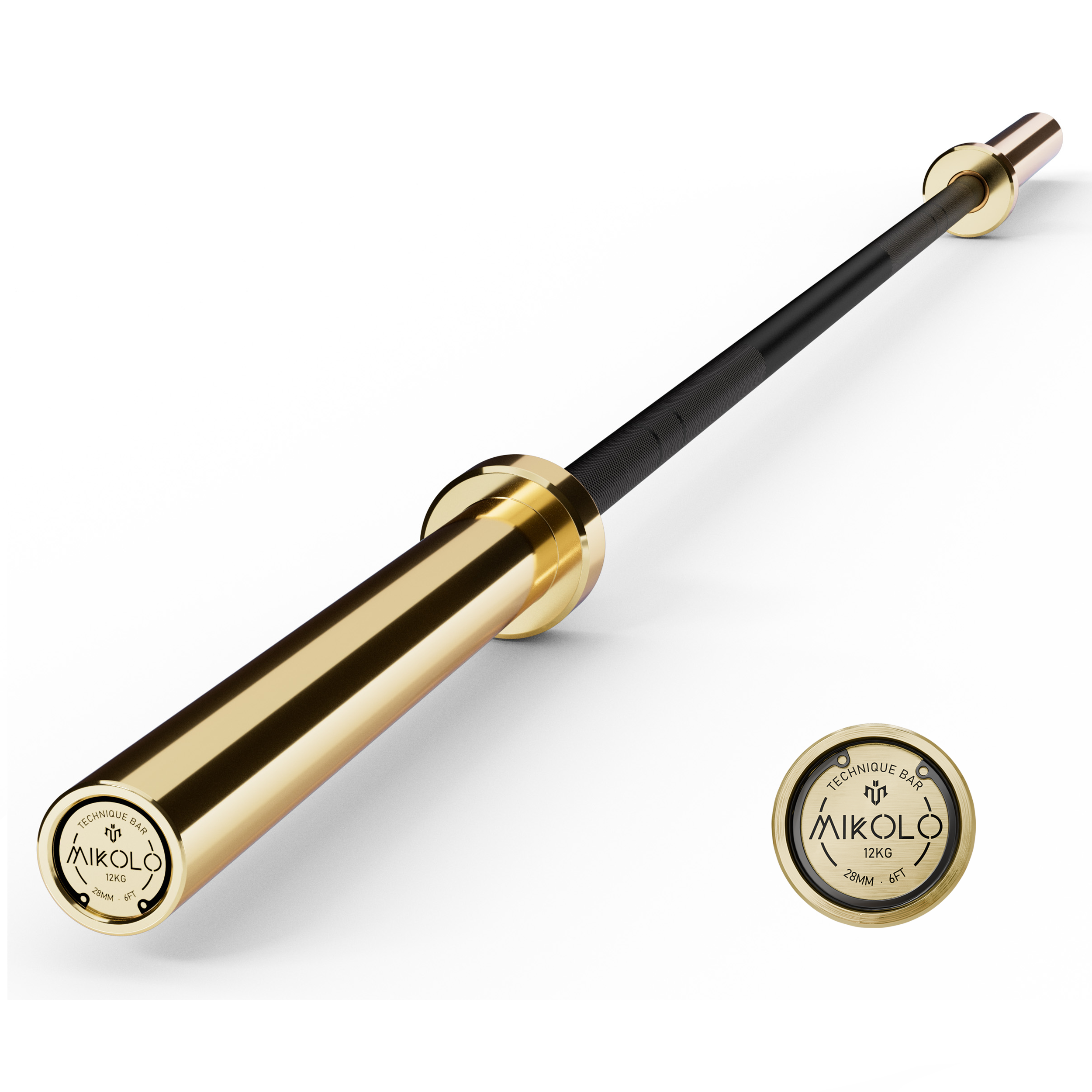
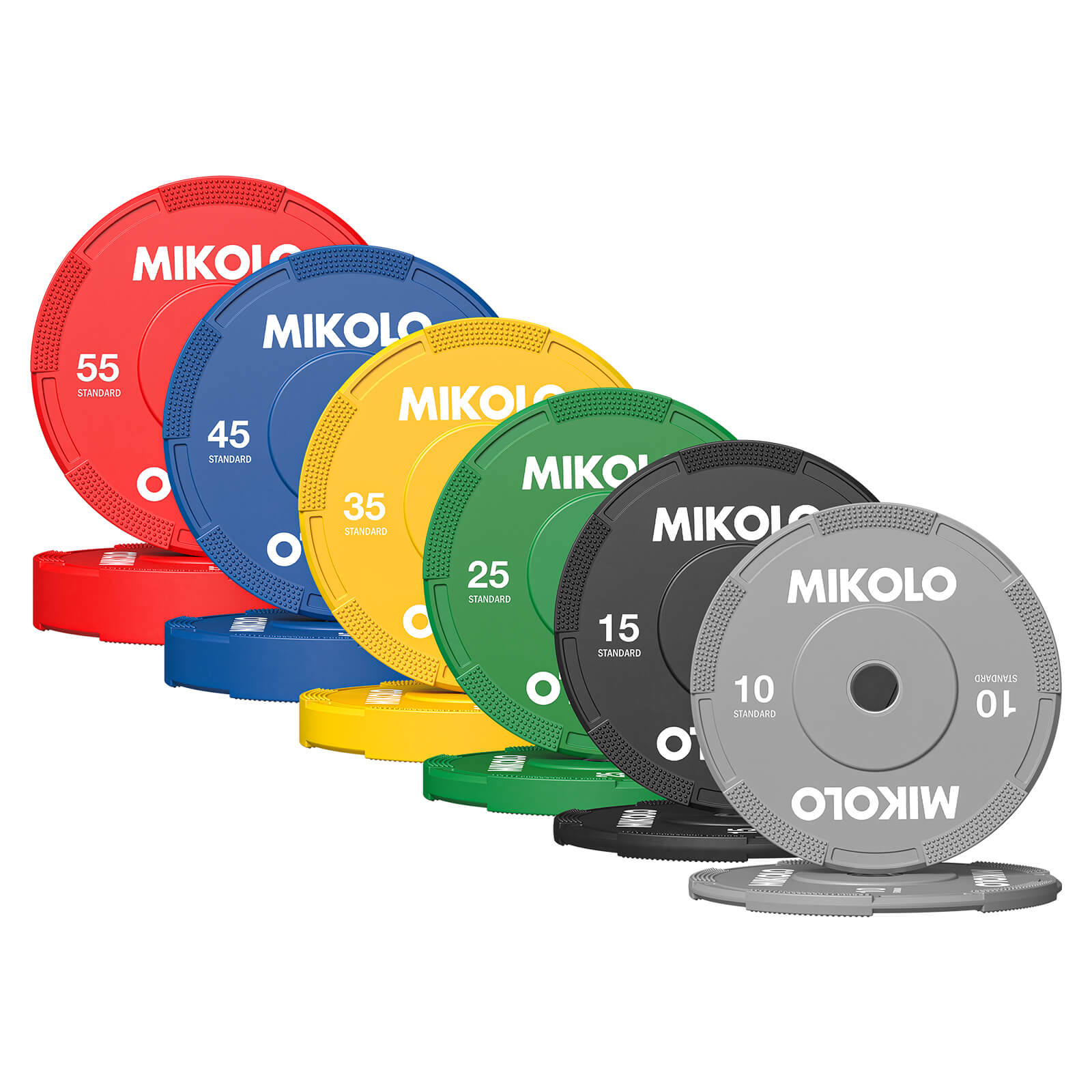

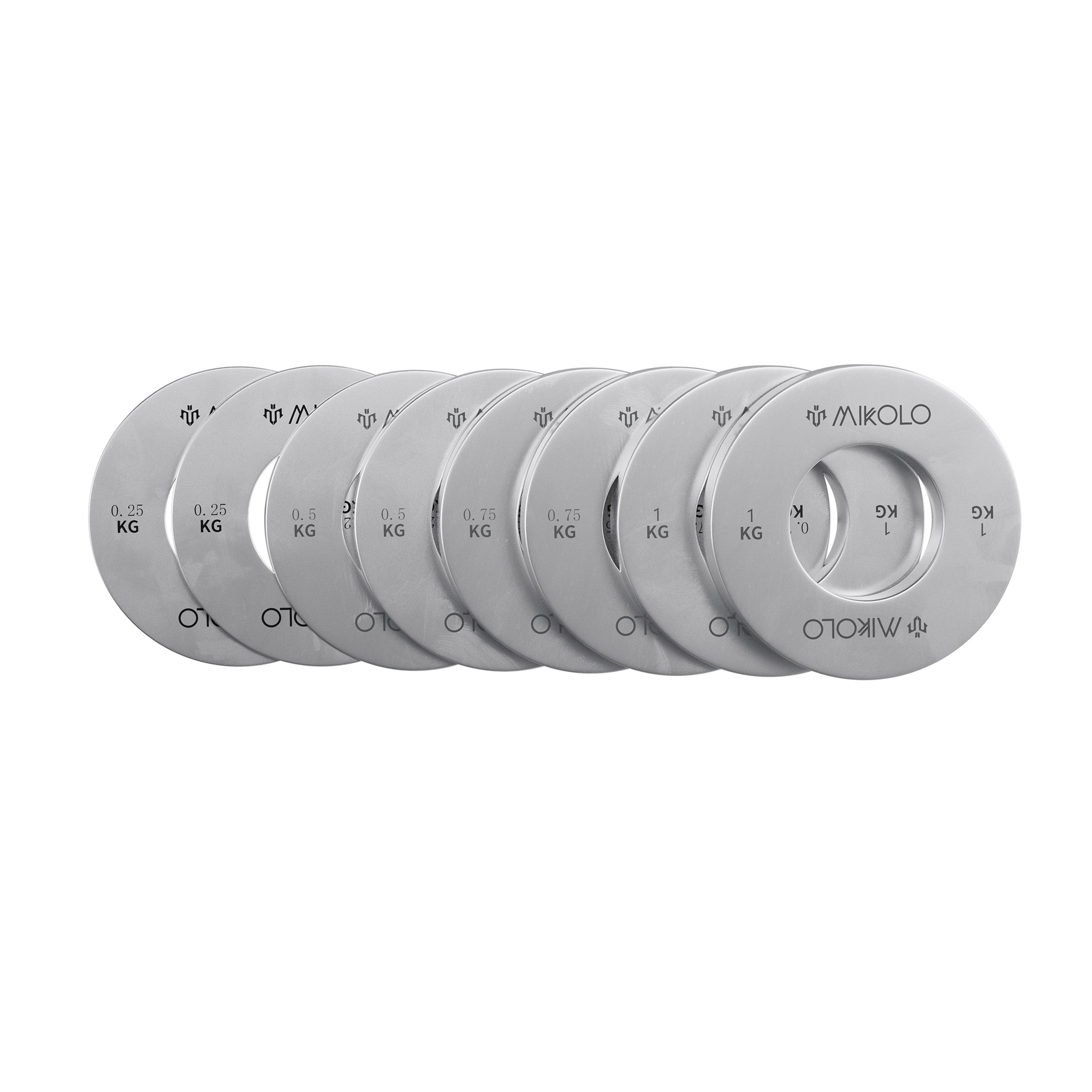

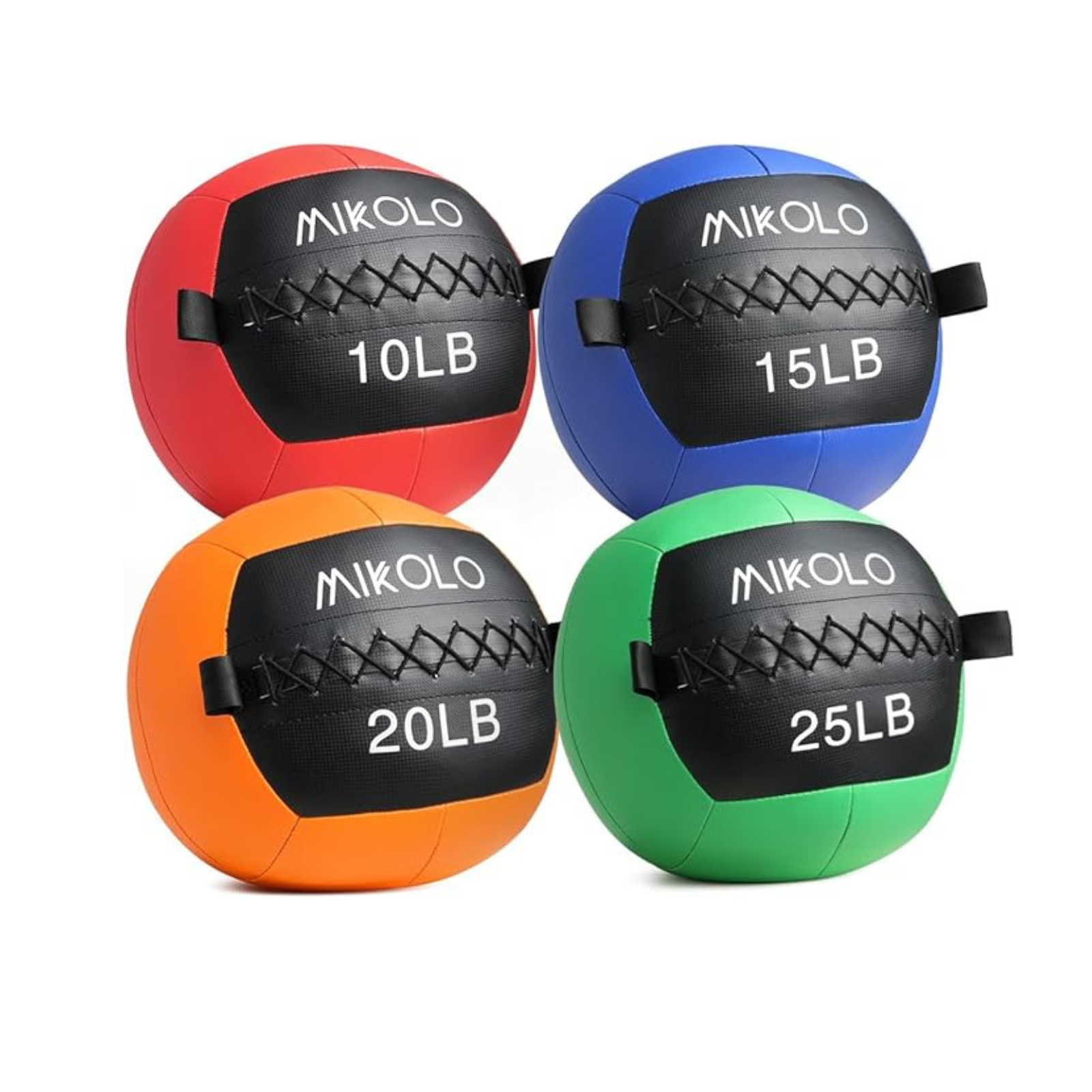
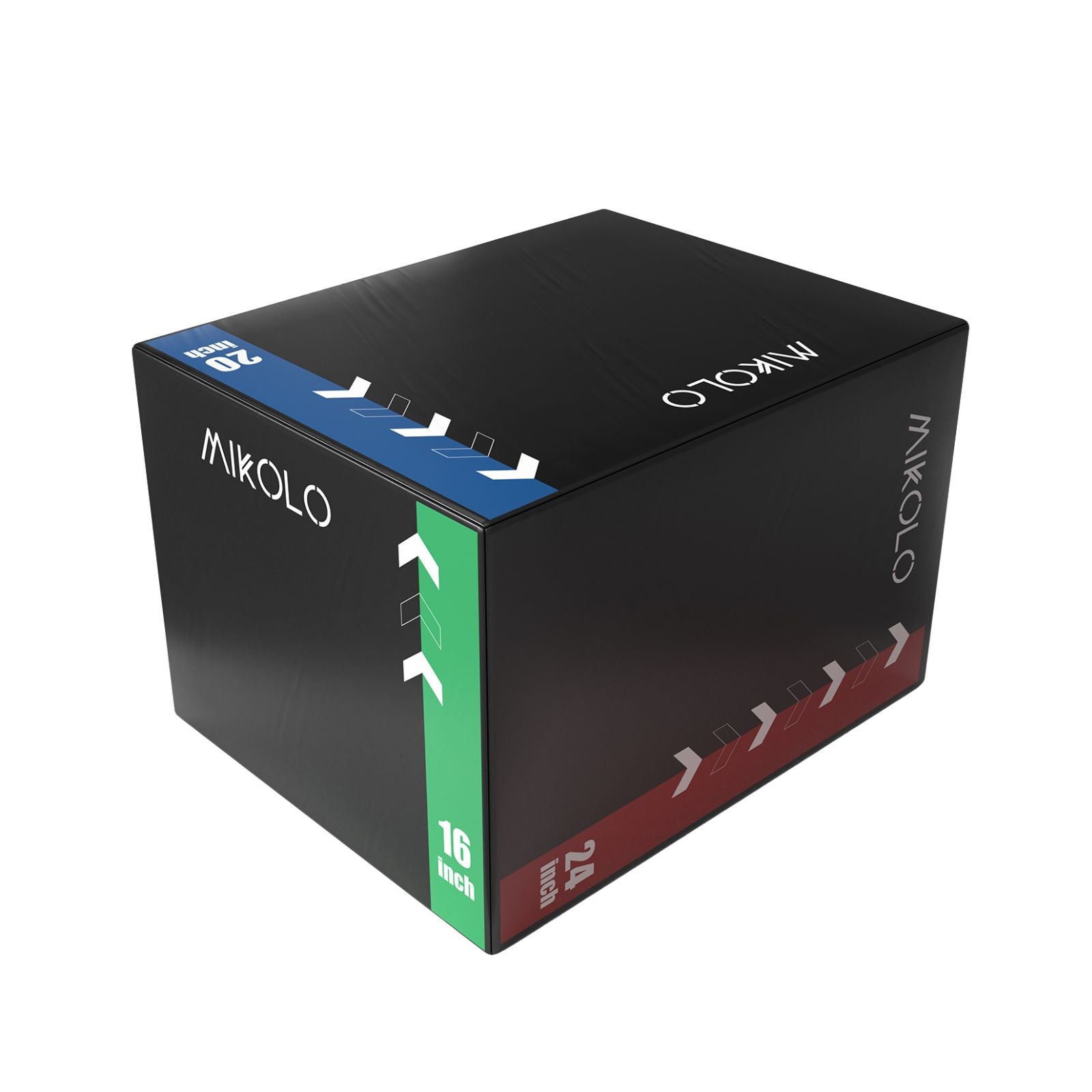






Leave a comment
This site is protected by hCaptcha and the hCaptcha Privacy Policy and Terms of Service apply.